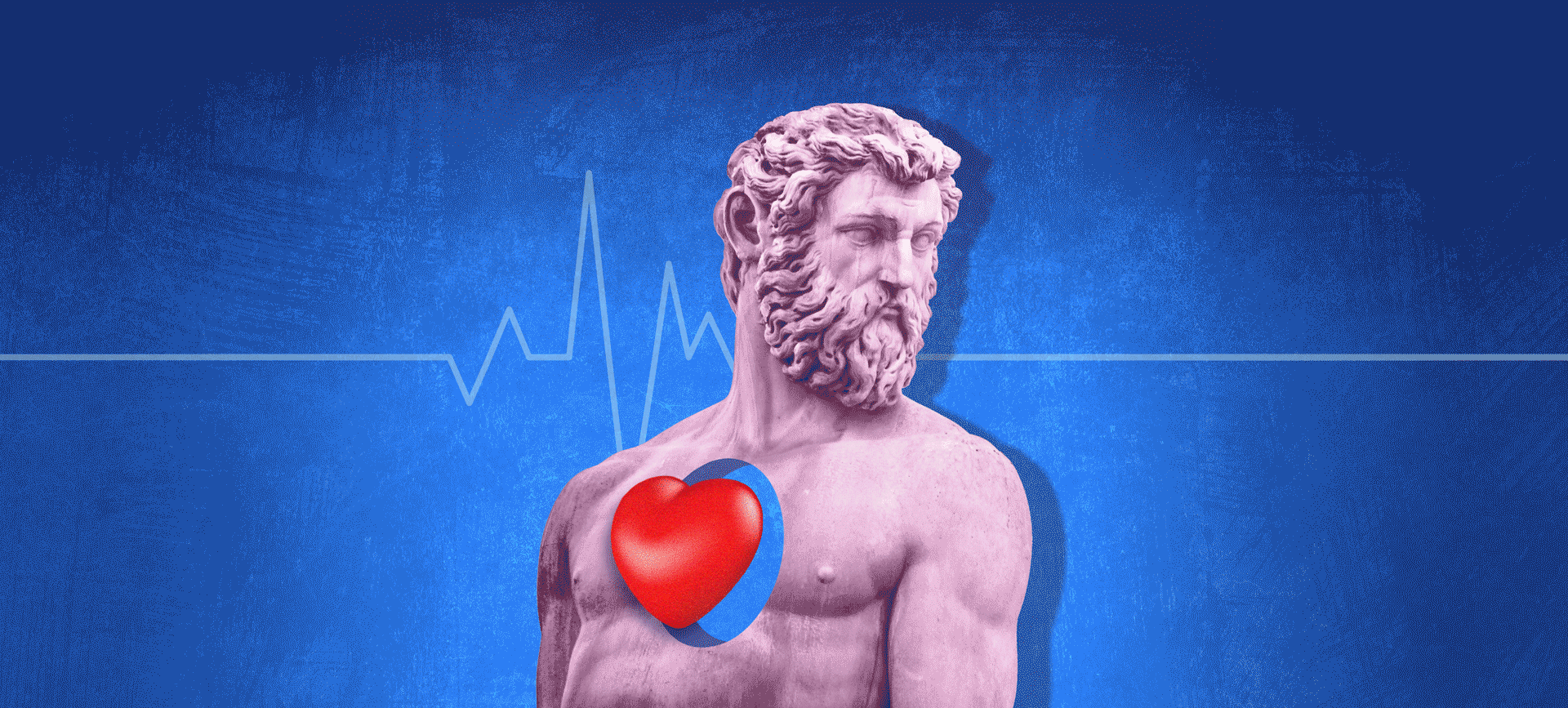Robert Pilchik, M.D., a board-certified cardiologist with Manhattan Cardiology in New York City, focused on three key facts regarding men and their blood pressure:
- Before the age of 45, men are typically more prone than women to have high blood pressure (HBP).
- Men are more likely than women to suffer from a heart attack or stroke at a younger age; high blood pressure is a key risk factor for many illnesses.
- Research indicates men may be less conscious of their blood pressure state and less inclined to seek medical assistance for it.
"Men should therefore have their blood pressure checked frequently, especially if they smoke, are obese, have a sedentary lifestyle or have a family history of high blood pressure," he advised.
Despite the lack of clarity regarding the underlying mechanisms, substantial evidence suggests that androgens, including testosterone, contribute significantly to gender-based disparities in blood pressure regulation.
Testosterone is a hormone primarily associated with male physiology and development. While its exact role in blood pressure regulation is not fully understood, studies suggest testosterone can influence blood pressure levels in a few different ways:
- There may be links between low testosterone levels and various cardiac risk factors. Low testosterone is associated with an increased risk of prevalent hypertension for men who smoke or have a family history of hypertension.
- Reduced plasma levels of testosterone may contribute to increased arterial stiffness, which can, in turn, raise blood pressure levels.
- Testosterone may affect the production of other hormones, such as aldosterone and renin, which are involved in regulating blood pressure. Higher testosterone levels can lead to increased production of these hormones, which might contribute to hypertension.
- Research indicates higher testosterone levels can lead to increased salt retention in the body, which can raise blood pressure levels.
The exact mechanisms through which testosterone affects blood pressure are not fully understood. Even so, evidence suggests the hormone plays a significant role in blood pressure regulation in men.
Awareness of possible connections between testosterone and blood pressure can help you better monitor your blood pressure on a regular basis if you have concerns with high or low testosterone levels.










